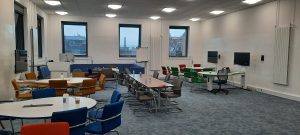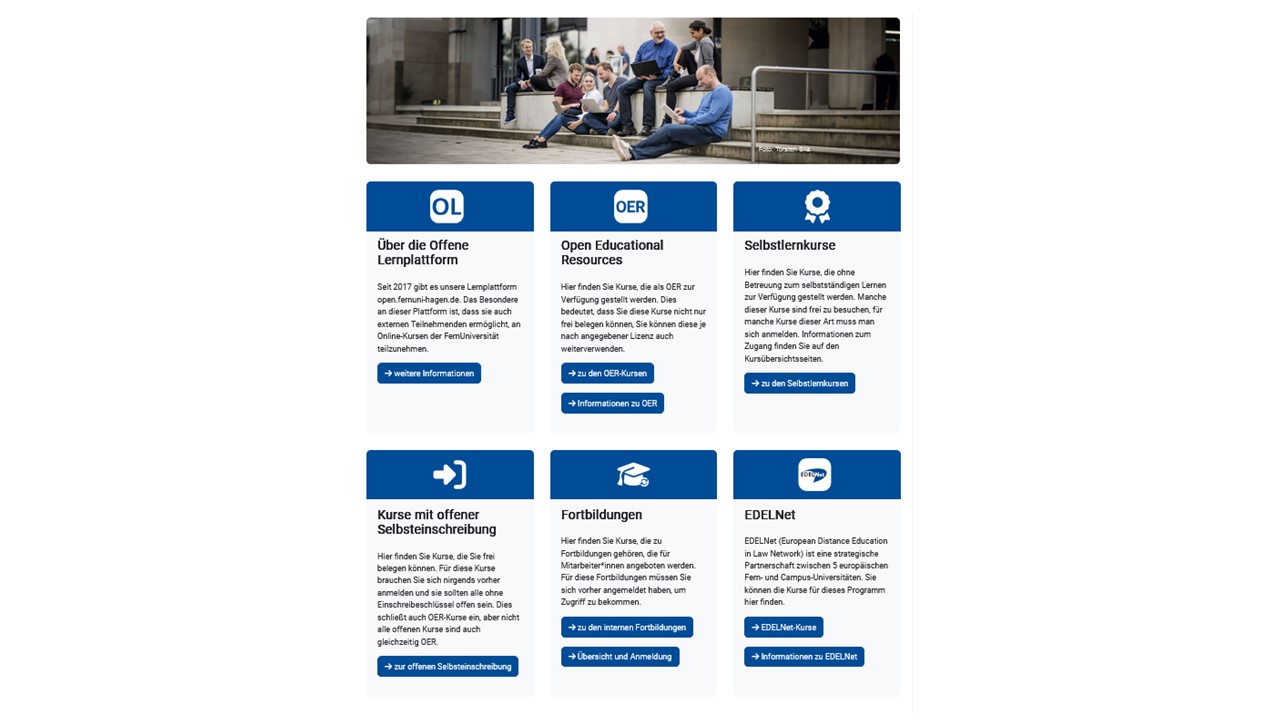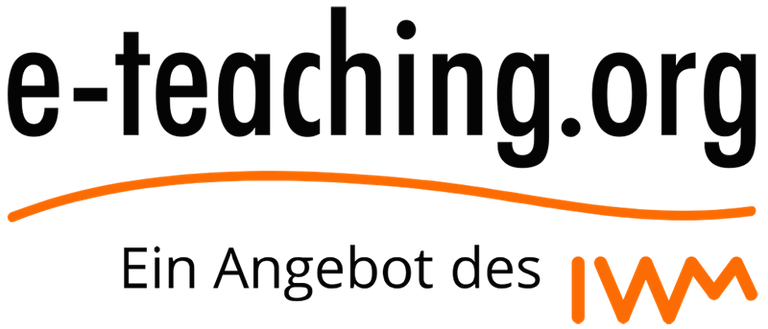By Dr Prue Goredema
“Bridging the gap for non-traditional first-year students in a distance education setting”. That was the title of the presentation given by Dr André Biederbeck and Dr Prue Goredema at the 17th annual European First Year Experience (EFYE) Conference which was held at Abertay University in Dundee, Scotland from 27 – 29 June 2023. Almost 340 delegates from 24 countries attended the top-billed conference this year, where the themes were centred on discovery and design to foster academic and social success for students embarking on their first year of the higher ed journey.
“The American system with its four-year degrees affords students the opportunity to explore various subjects in the famed 101 courses before settling on a major,” explained Diane Nutt, the conference founder, in a workshop held on the first day of the conference. “The European system is not designed with that level of exploration in mind, so it was important for us to look more intensively at how we might instigate measures that make for a successful first year experience,” she elaborated as she talked about the founding of the EFYE network back in 2006.

The current EFYE network chairman William Carey was also on hand to explain to newbies the role that the international group plays in bringing administrators, academics and student groups together to iron out issues of concern, exchange ideas and impart information on the myriad aspects that go into helping students transition smoothly into the mindset necessary to pursue a degree. In most cases this pertains to students in their late teens, but with diversification of student bodies and institutions, first year students are also middle-aged adults who never got around to going for that degree or full-time workers who want to pursue a master’s degree on the side. Non-traditional students come in all guises, and we at the Centre for Learning and Innovation’s studyFIT unit spend much time devising support measures for students from all walks of life.
Addressing a room of attentive participants, Dr Biederbeck presented some key findings on the effectiveness of the interventions held for law students by studyFIT’s Dr Christine Gelinski who was herself unable to make the trip. Both synchronous and asynchronous formats are used to cultivate hard-core know-how that makes all the difference in the assessments first year students take in Civil Law and a further foundation course. Dr Biederbeck also touched on the support measures offered by the studyFIT Writing Centre, specifically the peer-to-peer programme which has been well-received by users.

Dr Prue Goredema presented some preliminary results from the ongoing longitudinal study into the efficacy of the Altissia language learning platform whereby over 1720 students and counting are on board. She then demonstrated some highlights from an instructional unit of the newly released course “English Learning Support: Humanities and Social Sciences”, which impressed the attendees. “When we encourage students to avail themselves of the services offered by studyFIT we are not bloviating bombastically,” said Dr Goredema. “We systematically evaluate our services in a number of ways – direct student feedback; data showing improved test scores in the majority of students who participate diligently in our workshops; promising learning analytics from those who take their language learning seriously; and also feedback from faculty members,” she added.
The three-day adventure at Abertay University was action-packed, and the only daytime hardship was deciding which of the parallel sessions to attend since so many were of direct relevance to our own interests despite our rare set up as an exclusively distance learning institution. Whilst campus universities have an easier time of getting to know the individuals they serve, some of the structures are nevertheless similar in conceptualisation, such that garnering ideas from others is a cinch. For example, we were pleased to engage with Eadaoin Regan and Kathy Bradley who head up the Skills Centre at University College Cork, Ireland, only to watch in amazement when the latter was later awarded the first ever EFYE Leader/Champion Award at the conference closing session.

Getting to know the movers and shakers in student services at Europe’s prominent universities is also a boon for those of us eager to foster cross-border collaboration at a time when internationalisation is amongst our many mandates. The hosts, Abertay University, went all out to ensure that the sessions ran smoothly and that delegates were able to navigate the labyrinth that constituted the venue (a big, brick, very British building). A special treat they had in store for their hundreds of visitors was a civic reception at the city-centre McManus Galleries where, surrounded by colourful collections of both classic and contemporary artworks, we were welcomed to town by the Lord Provost, Bill Campbell.
All in all, the Scottish trip was a success for the two studyFIT representatives who were able to share with other like-minded folks some effective means of improving student success in that all-essential first foray or return to higher education.




